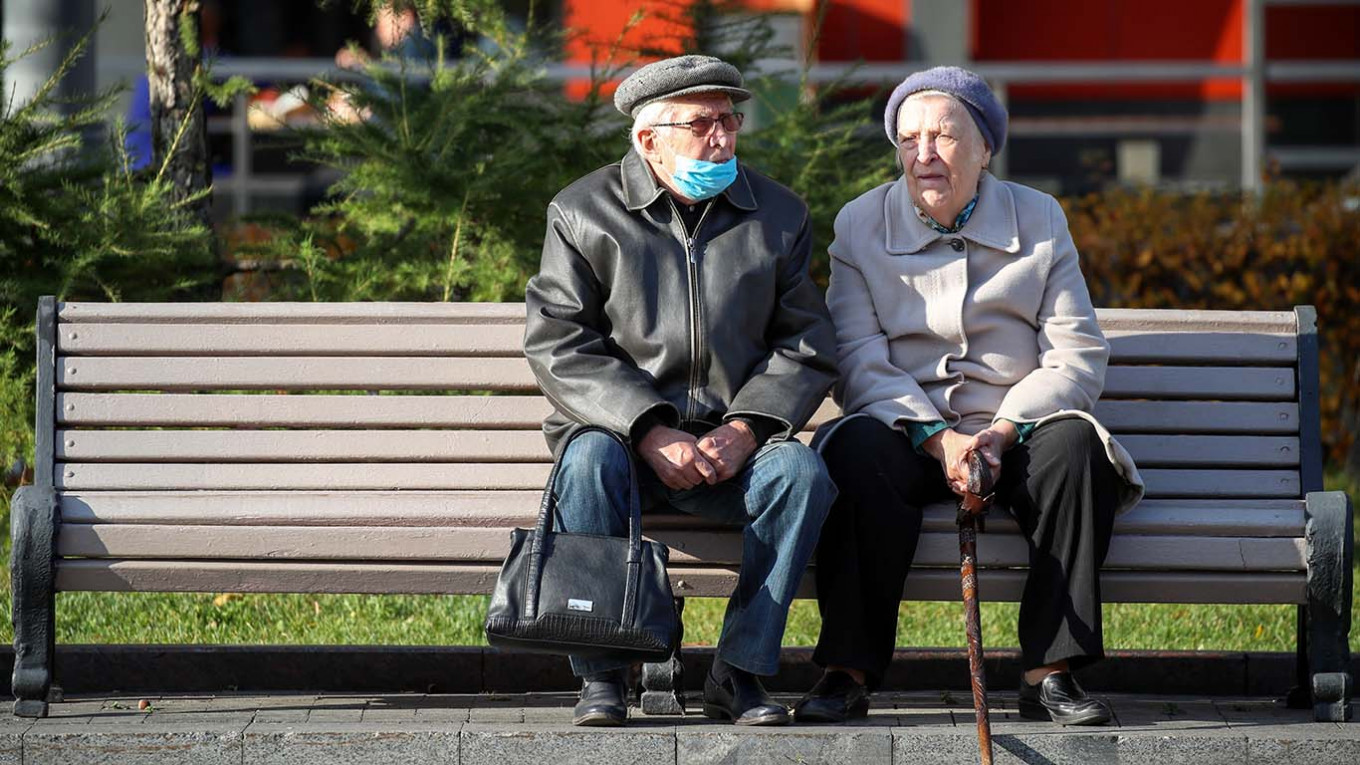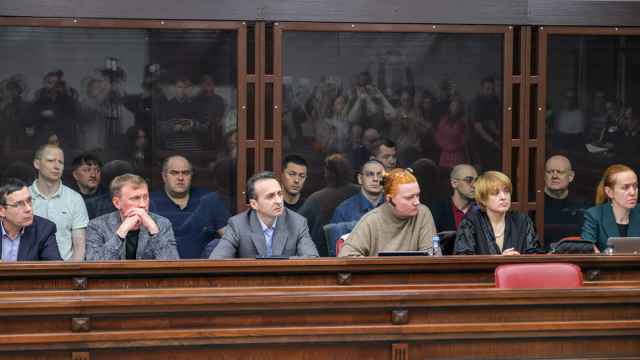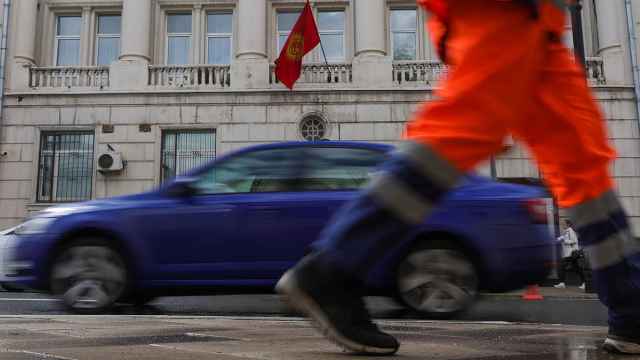Russians' life expectancy last year dropped for the first time in nearly 20 years, according to figures released on Tuesday, with officials blaming the Covid-19 pandemic for the decline.
Life expectancy in Russia plummeted after the fall of the Soviet Union but has been steadily increasing since 2003. In 2020, however, it fell to 71.5 years, compared with 73.3 years in 2019, the Health Ministry's figures indicated.
Health Minister Mikhail Murashko earlier this month linked the coronavirus pandemic with both "negative demographic trends" and "a decrease in life expectancy."
Speaking at his annual televised state of the nation address last week, President Vladimir Putin described the demographic situation in the country as "alarming" and said saving the lives of Russians was the Kremlin's "highest national priority."
He said he wanted life expectancy in Russia to reach 78 by 2030.
The ministry in its report Tuesday also confirmed a previously reported 17.9% spike in mortality in 2020.
Authorities have been criticized for downplaying the severity of the Covid-19 pandemic by counting only fatalities where the coronavirus was found to be the primary cause of death after an autopsy.
Russia has been among the hardest hit by Covid-19, with Rosstat statistics agency in February recording more than 224,000 virus-related deaths — significantly higher than the nearly 110,000 health officials had reported as of Tuesday.
Moscow introduced a strict lockdown in April, when the pandemic hit the country, but most restrictions were lifted by summer.
Few measures remained in place in the autumn as the second wave swept across Europe, with authorities opting to salvage the struggling economy and pinning their hopes on the country's homemade vaccine Sputnik V.
Deputy Prime Minister Tatyana Golikova said Tuesday that over 12 million Russians of the country's 144 million people have received the first dose of a coronavirus jab.
A Message from The Moscow Times:
Dear readers,
We are facing unprecedented challenges. Russia's Prosecutor General's Office has designated The Moscow Times as an "undesirable" organization, criminalizing our work and putting our staff at risk of prosecution. This follows our earlier unjust labeling as a "foreign agent."
These actions are direct attempts to silence independent journalism in Russia. The authorities claim our work "discredits the decisions of the Russian leadership." We see things differently: we strive to provide accurate, unbiased reporting on Russia.
We, the journalists of The Moscow Times, refuse to be silenced. But to continue our work, we need your help.
Your support, no matter how small, makes a world of difference. If you can, please support us monthly starting from just $2. It's quick to set up, and every contribution makes a significant impact.
By supporting The Moscow Times, you're defending open, independent journalism in the face of repression. Thank you for standing with us.
Remind me later.






